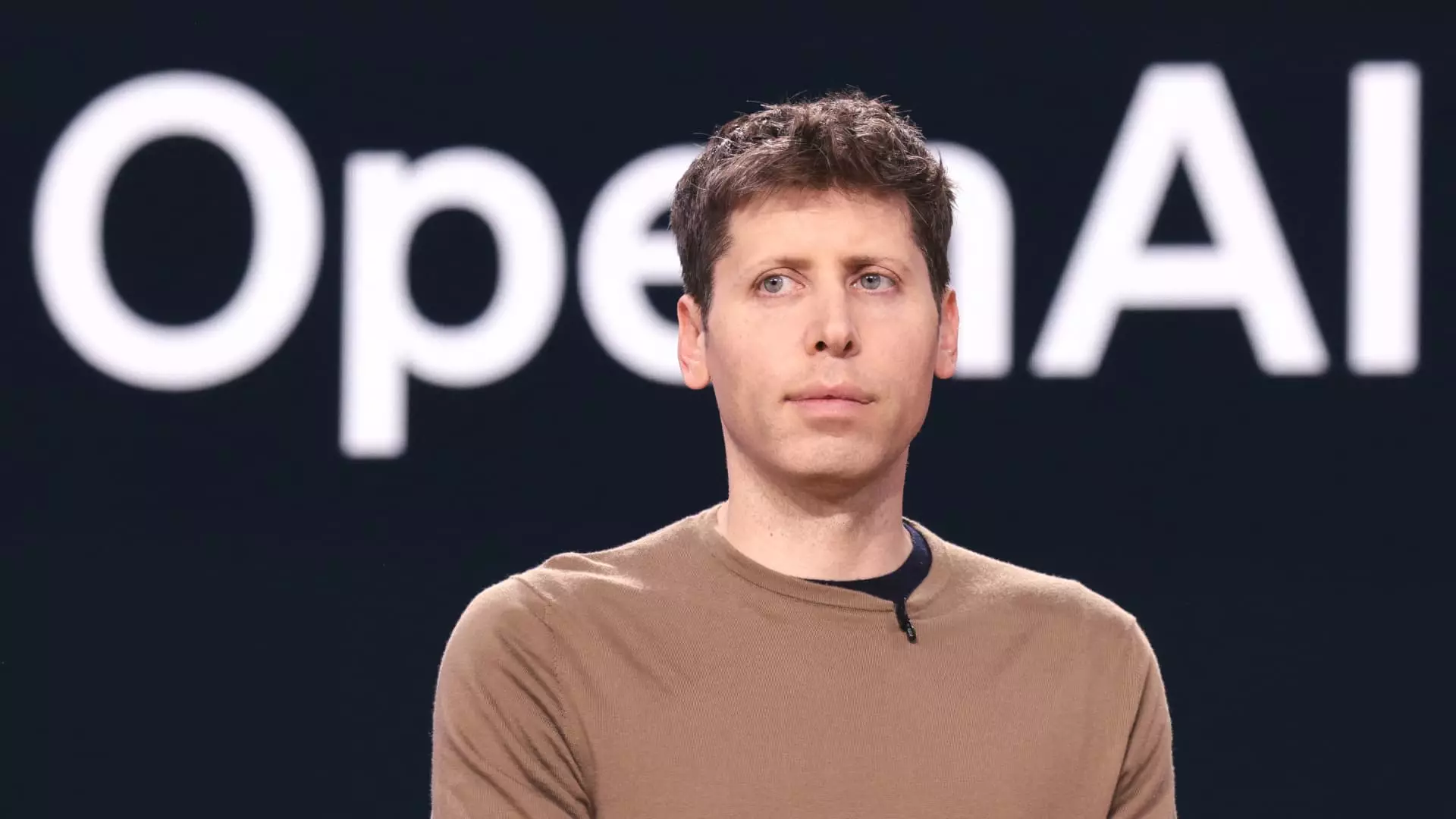In a critical move to enhance accountability and safety, OpenAI has announced the transformation of its Safety and Security Committee into an independent board oversight body. Established amid rising concerns regarding the company’s security processes, this committee will now play a pivotal role in guiding the ethical deployment and continuous development of OpenAI’s advanced AI models. This decision reflects a broader recognition that as AI technologies evolve, the accompanying governance frameworks must also adapt to ensure public trust and safety.
Chaired by Zico Kolter, a prominent figure at Carnegie Mellon University, the newly independent committee boasts a blend of expertise aimed at navigating complex safety and security challenges. The inclusion of members like Adam D’Angelo, co-founder of Quora, and Paul Nakasone, former chief of the NSA, underlines the committee’s commitment to involving individuals with vast backgrounds in technology, security, and governance. Additionally, former Sony executive Nicole Seligman adds an element of corporate governance to the mix, allowing the committee to consider a variety of perspectives as it advises OpenAI.
This diverse composition aims to infuse OpenAI with insights from various industries, enriching dialogues on safety measures while assuring stakeholders that the committee will take a thorough and introspective approach to the oversight of AI developments.
Following a comprehensive 90-day review of its internal processes, the committee has outlined five crucial recommendations designed to bolster OpenAI’s operational framework. These recommendations include establishing independent governance structures, enhancing existing security protocols, promoting transparency about ongoing projects, fostering collaboration with external stakeholders, and unifying the company’s safety frameworks.
By emphasizing independent governance, OpenAI acknowledges the necessity of impartial oversight in an era where emerging technologies can lead to unforeseen consequences. The call for enhanced security measures reflects an acute awareness of the vulnerabilities associated with deploying powerful AI systems. Furthermore, the commitment to transparency signals a shift toward more open communication regarding the implications of AI technologies, aligning OpenAI’s practices with public and regulatory expectations.
Despite the optimistic framing of these developments, OpenAI’s rapid ascent in the tech landscape has not come without controversies and challenges. Noteworthy is the evident friction between the company’s ambitious growth goals and the inherent complexities of safely implementing AI solutions. Concerns raised by current and former employees—such as the perceived lack of oversight and insufficient whistleblower protections—have further amplified the urgency for robust governance mechanisms.
Past incidents, including internal turmoil and a troubling exodus of key personnel, underscore the precarious position OpenAI finds itself in as it seeks to scale its operations. The hesitations expressed by politicians and industry watchers reflect a growing narrative that argues for heightened scrutiny in the face of rapid tech advancements, suggesting that OpenAI’s proactive measures may be a response to mounting external pressures.
As OpenAI transitions into this new chapter marked by independent oversight, the implications for AI development and deployment are significant. The committee’s authority to delay model releases until safety concerns are thoroughly vetted emphasizes a robust commitment to ethical practices in technology. This approach could set a precedent within the industry, encouraging other tech firms to establish similar measures as they navigate the landscape of AI.
With upcoming funding rounds valuing the company at over $150 billion, it is essential for OpenAI to establish a trustworthy reputation. Ensuring that safety and security are at the forefront of their operations is not only critical for their growth but also vital for restoring confidence among users and regulators. The forthcoming release of their AI model, termed OpenAI o1, represents a testing ground for the efficacy of these new governance and safety measures.
Conclusion: A Step Toward Responsible Innovation
OpenAI’s shift to an independent oversight committee forms part of a broader trend towards increased governance in technology. As AI continues to permeate various aspects of life and work, the challenges associated with its deployment will require comprehensive strategies that prioritize not just innovation but also ethical responsibility. By embracing a multifaceted approach to safety and engaging seasoned experts, OpenAI is stepping toward creating not only transformational technology but also a responsible framework that can inspire stakeholders and reassure the public.

